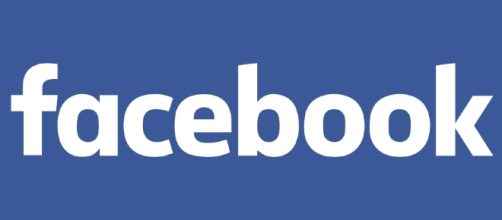Facebook, the definitive social media network, has been making some serious inroads into the development of original programming this year. It has been trying to crib YouTube’s style lately by starting the development of its own TV-format shows. These programs are being produced by a multitude of partners, to be featured in a new platform that Facebook is grooming to replace its “Video” tab. This replacement, the “Watch” tab, will be introduced gradually across all of FB’s versions – web, FBTV, Android, and iOS – to a small starting percentage of the social network’s users.
Once fully implemented, it will open a new front for Facebook in the battle for television ad revenues.
The ‘Watch’ tab
The latest from Facebook’s newsroom on Wednesday, August 9, announces that their Watch tab, as a replacement for the old Video tab, will feature original programming produced by the social network’s partners (with FB financial backing). Also included in its media listing will be videos from other creative Facebook users. Where the old Video tab was more random in its selected media offerings, FB Watch will have a greater semblance of order and classification of its featured videos. In addition, as a user peruses more videos in the Watch tab, it will take note of the type of media the user has viewed more often, and tailor its video list in a more personalized manner.
A selection of the more prominent regular media contributors to Facebook Watch includes motivational speaker Gabby Bernstein, who puts up an interactive talk show; and “Kitchen Little” from publisher Tastemade, showing chefs making recipes with help from children. One major partner that Mark Zuckerberg’s company has gotten to fill up the Watch tab is none other than Major League Baseball (MLB) itself. The league has committed to making sure that at least one pro baseball game will be broadcast on Facebook every week.
Advertising revenue
To put a lot of momentum into the original program offerings on Watch, Facebook has put up-front financial support to its major partners who are uploading media on the new feature.
This is a sensible move in order to quickly get many shows off the ground that can then be listed on Watch for FB users to choose from.
Once the seed of original programs has populated the new feature, Facebook can then phase out their more direct funding of shows, instead turning to the revenue generated from advertising attached to the programming. The producers will get 55 percent while FB gets 45.
With the advent of Facebook Watch, the company can then openly challenge Youtube, Amazon and even Netflix with their own crop of shows, making the online TV programming war even more heated than ever before.


